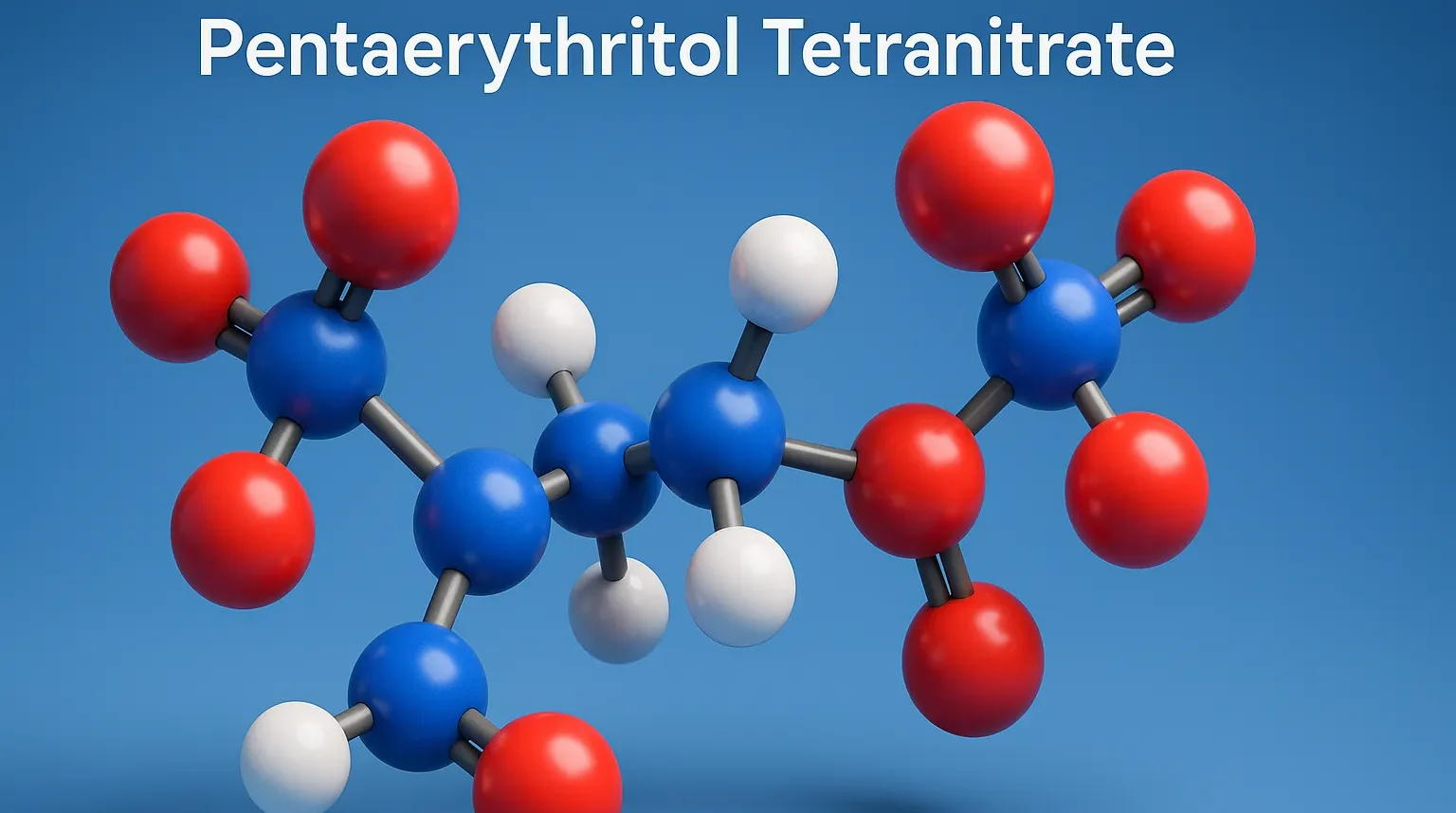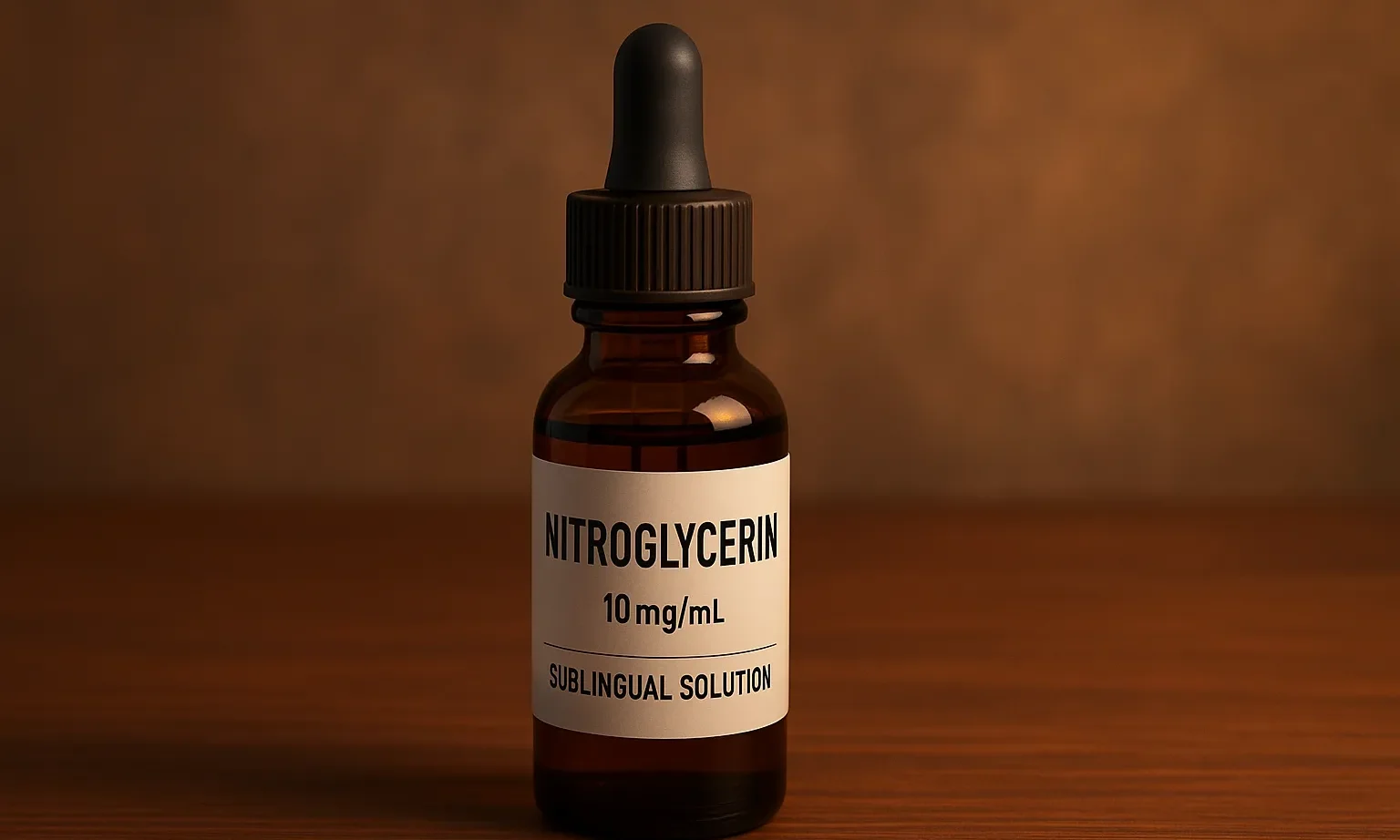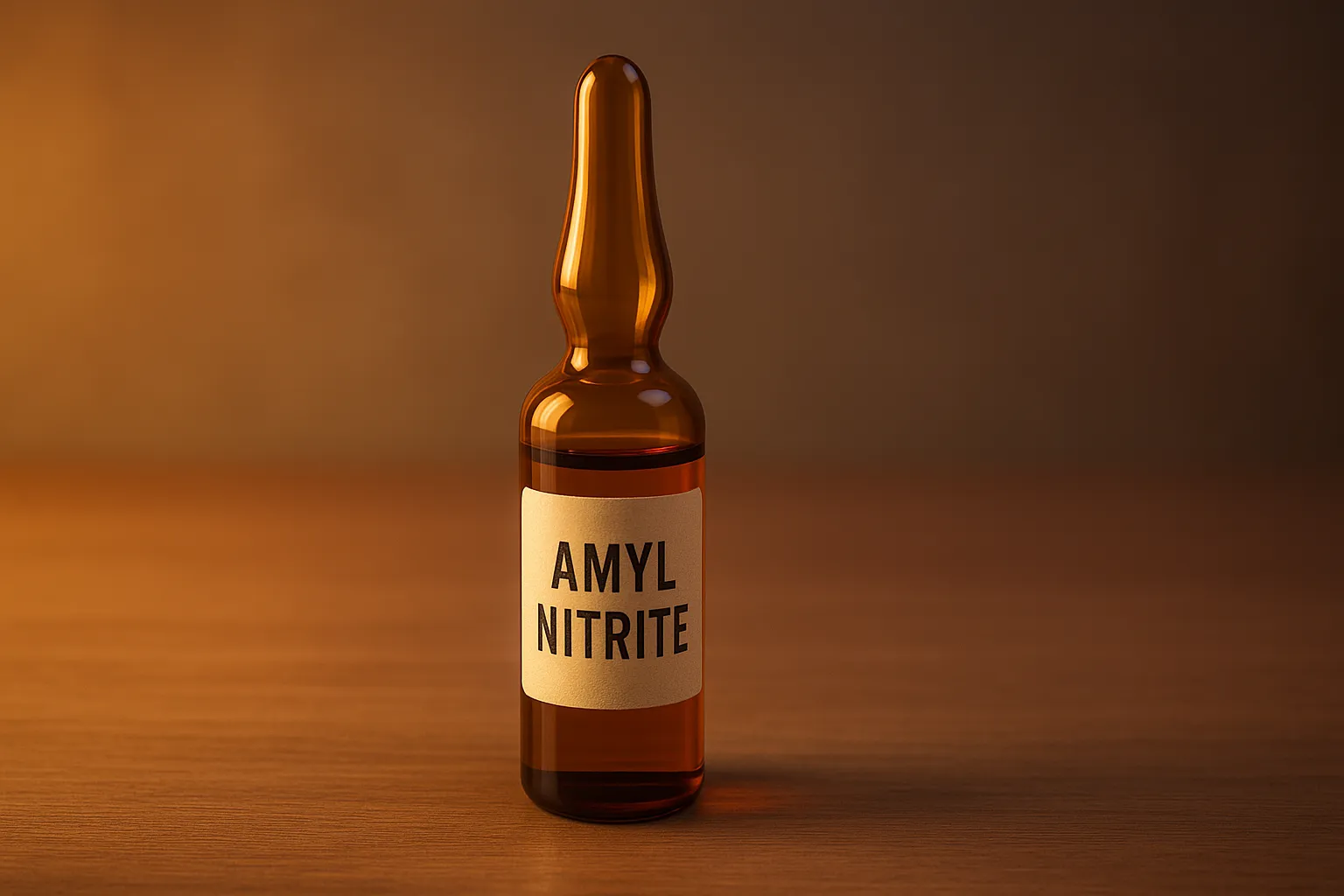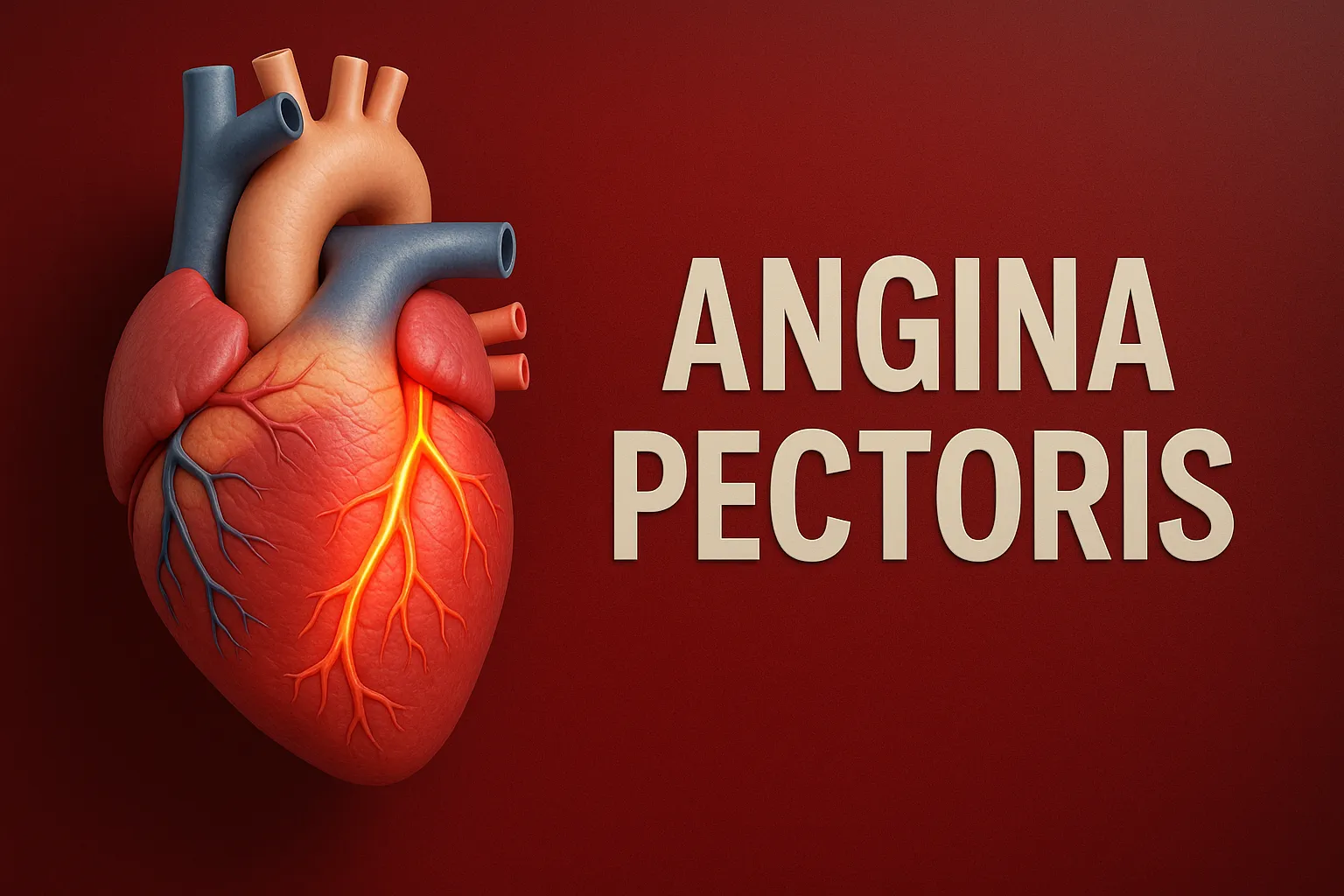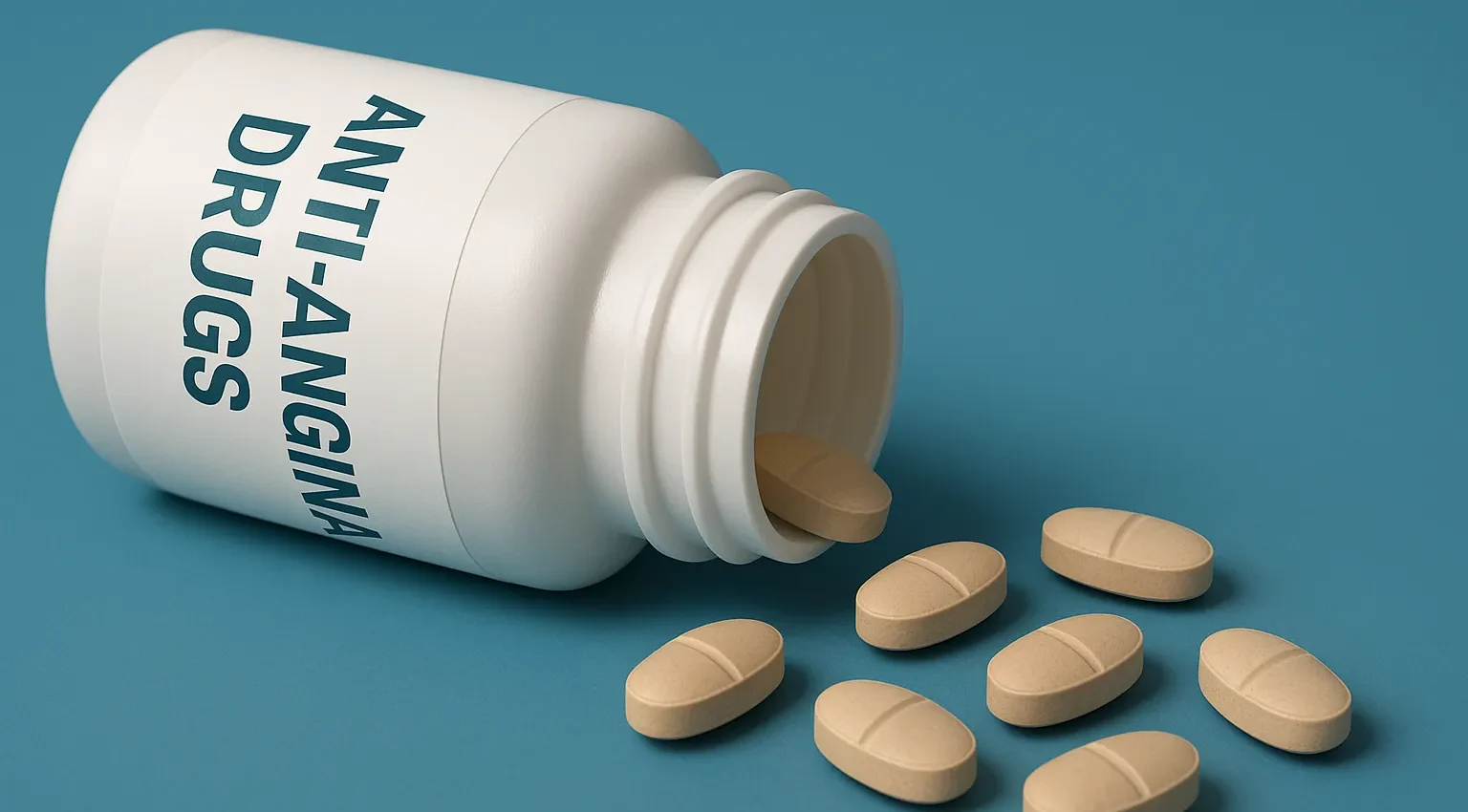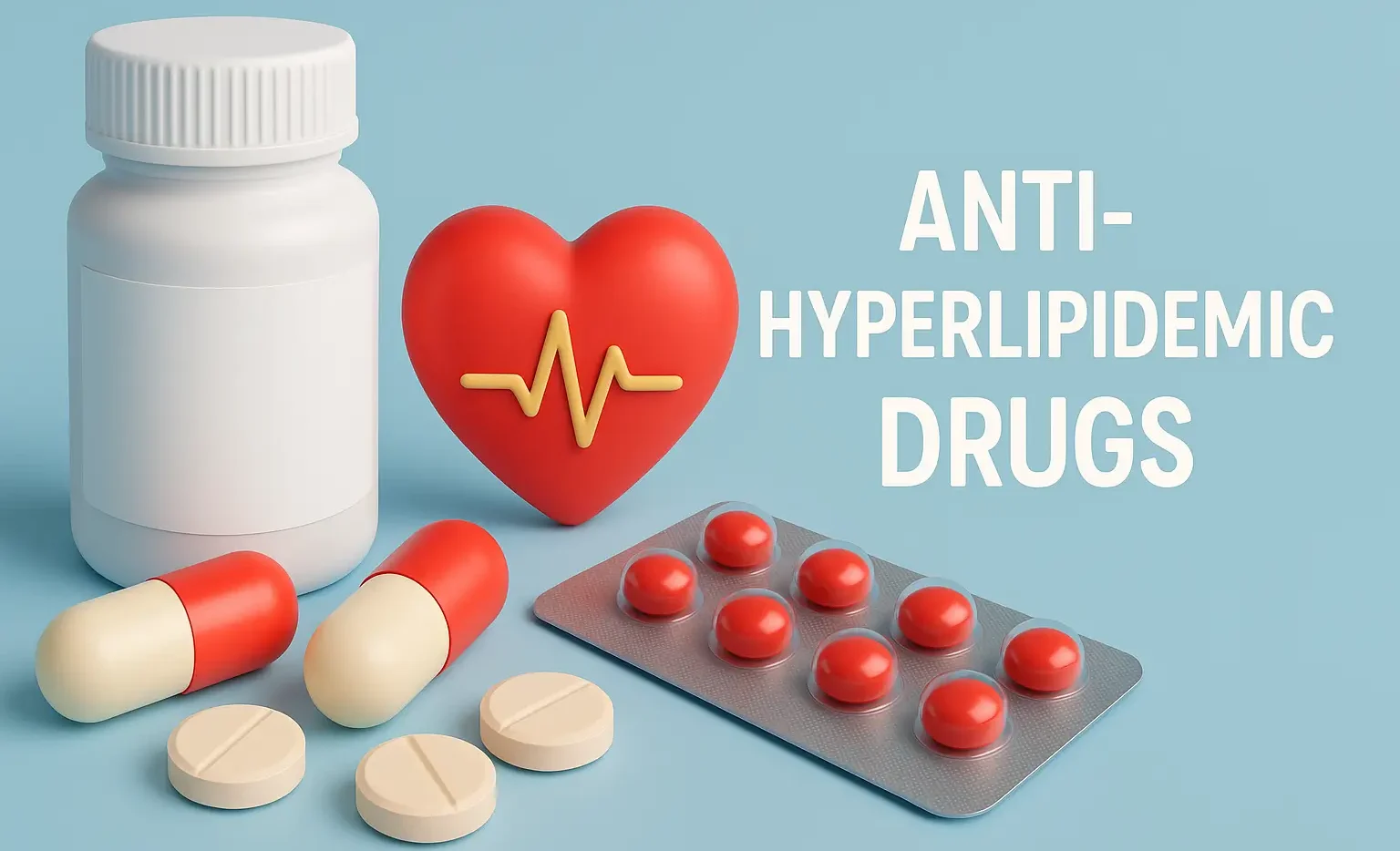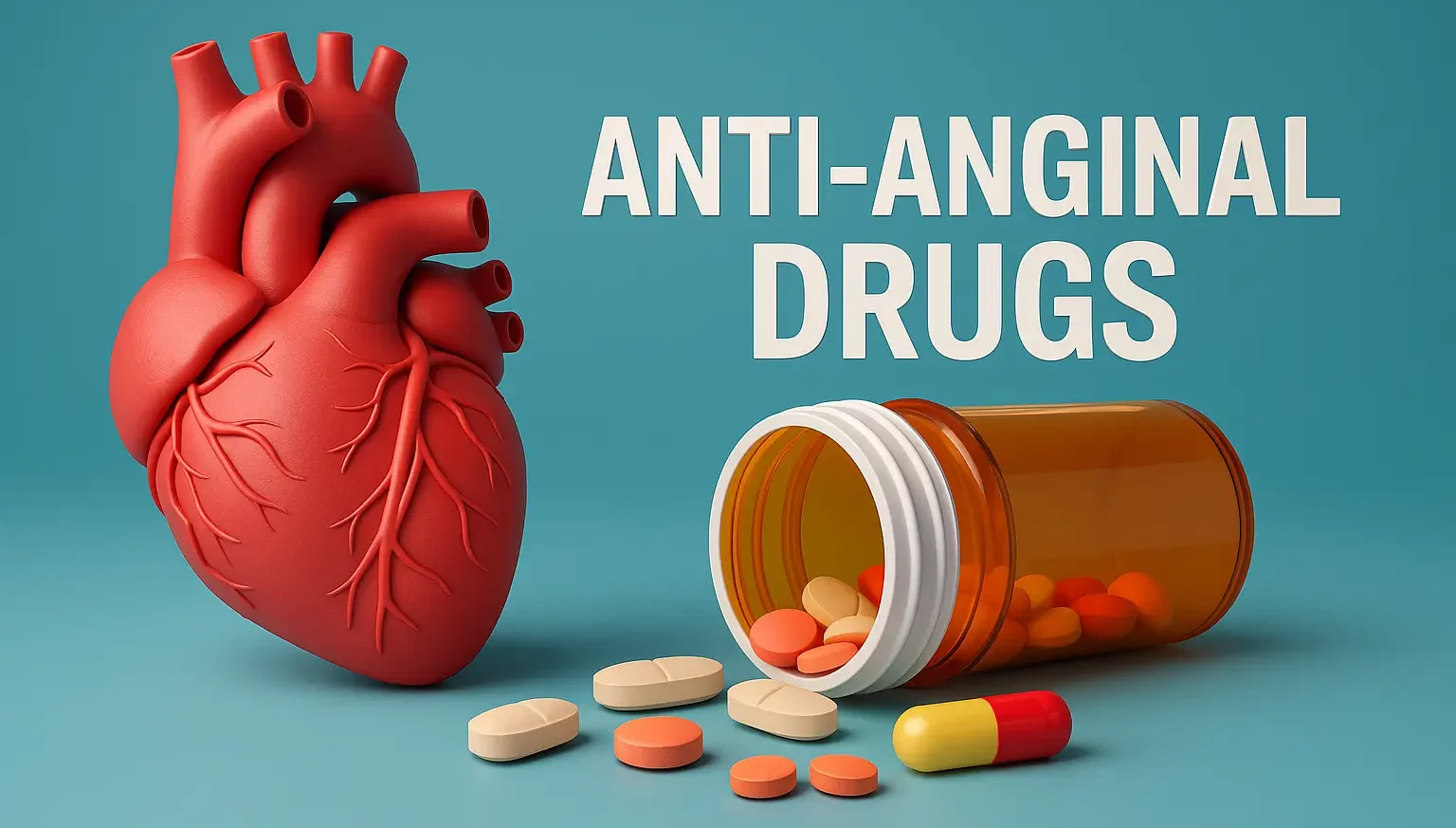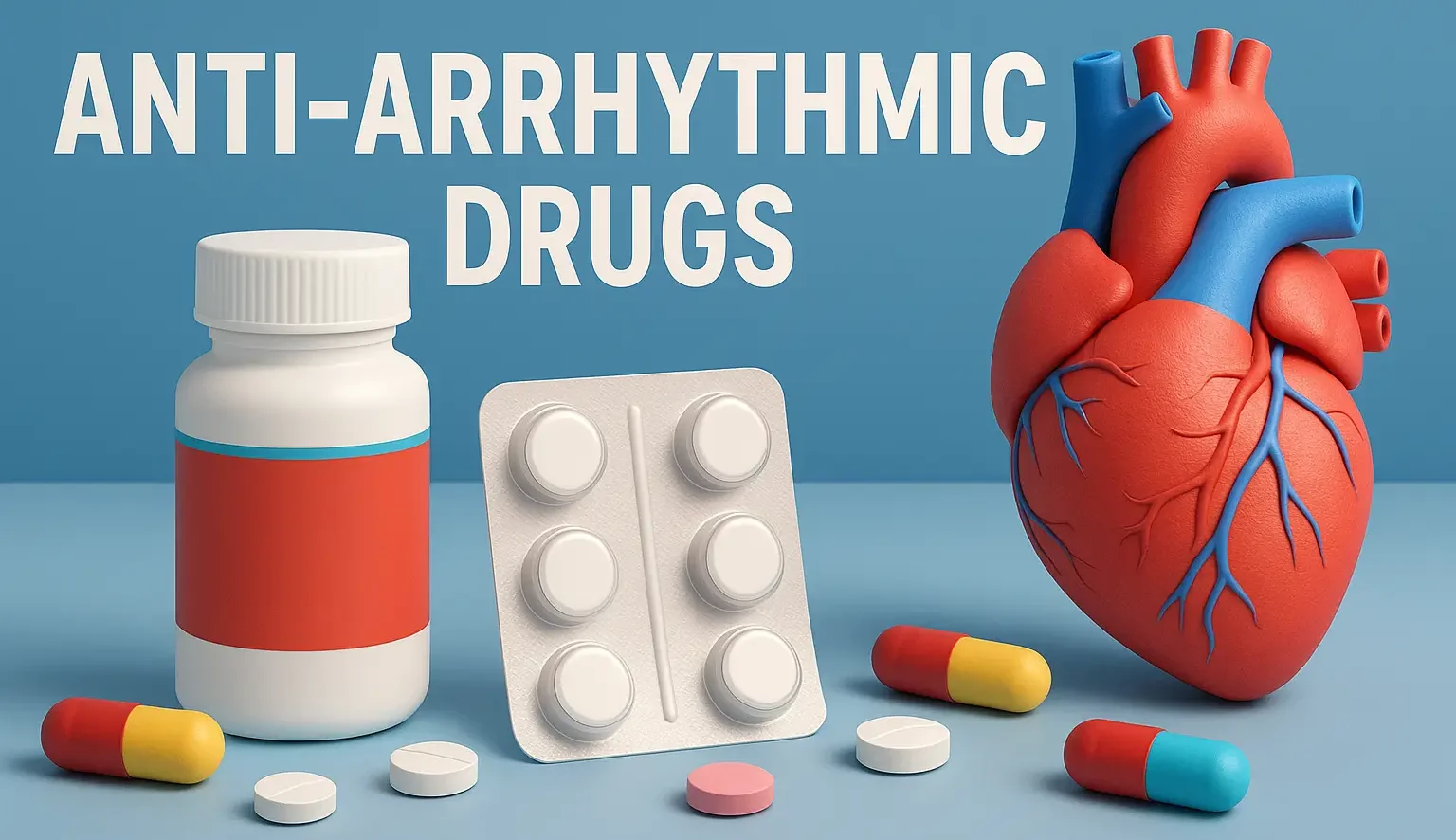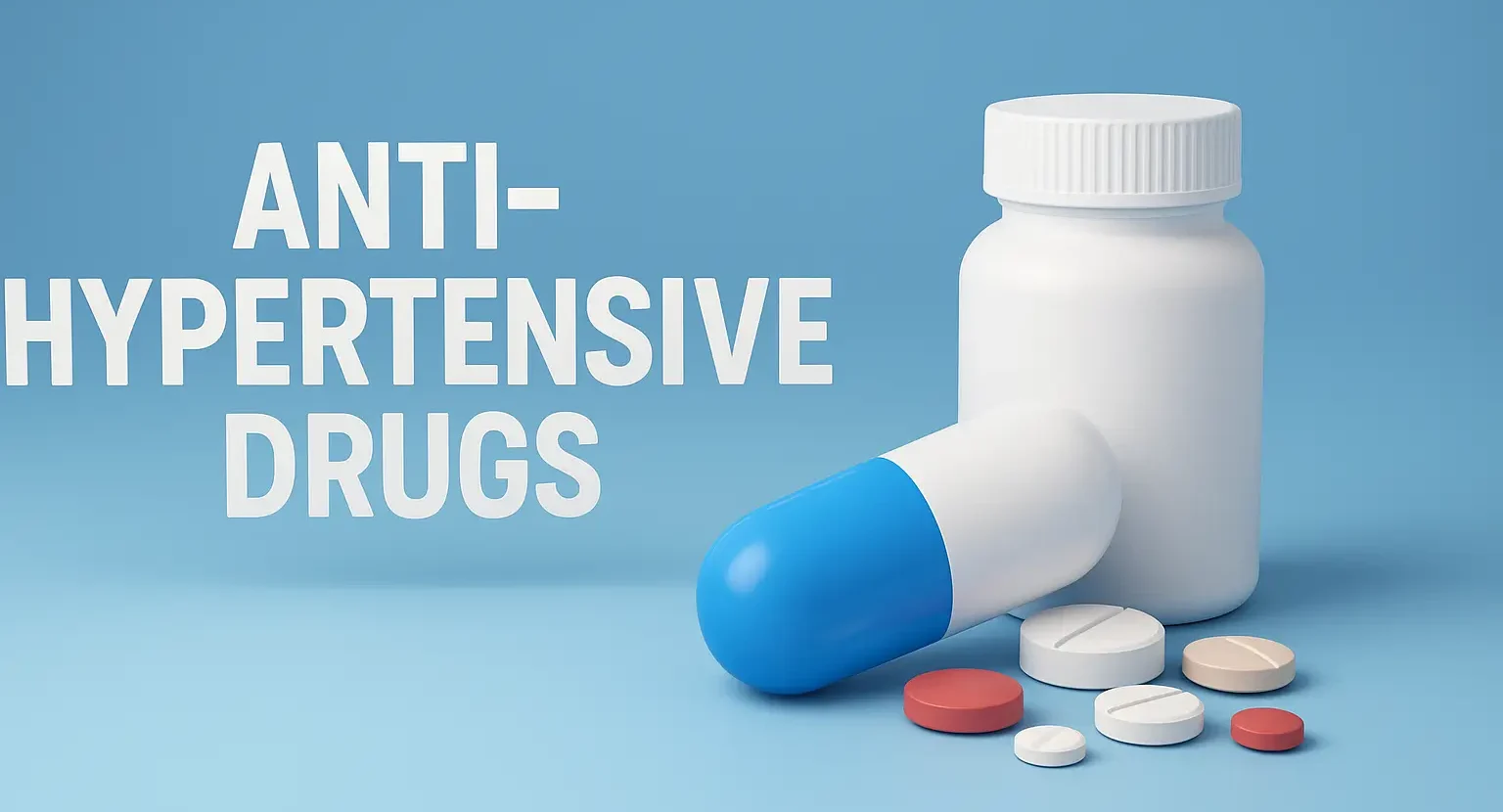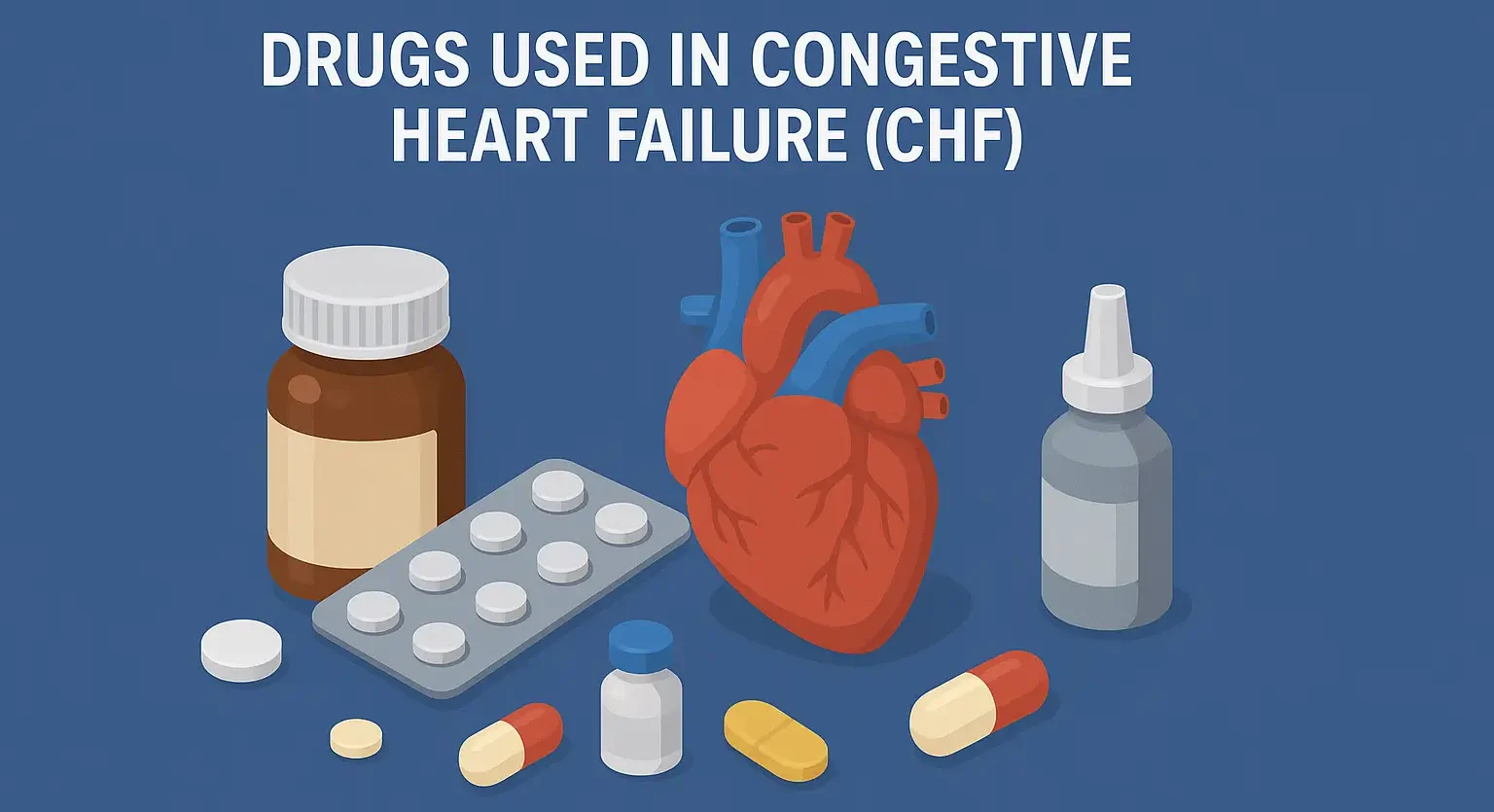Pentaerythritol Tetranitrate
Pentaerythritol Tetranitrate is a long-acting anti-anginal drug that improves blood flow and reduces cardiac workload by dilating blood vessels. Structure of Pentaerythritol Tetranitrate PETN is a nitrate ester of pentaerythritol, featuring four nitrate groups esterified to the hydroxyl groups of pentaerythritol. Chemical Formula: C₅H₈N₃O₁₈ Mode of Action Nitric Oxide Release: PETN metabolizes to release NO, … Read more

